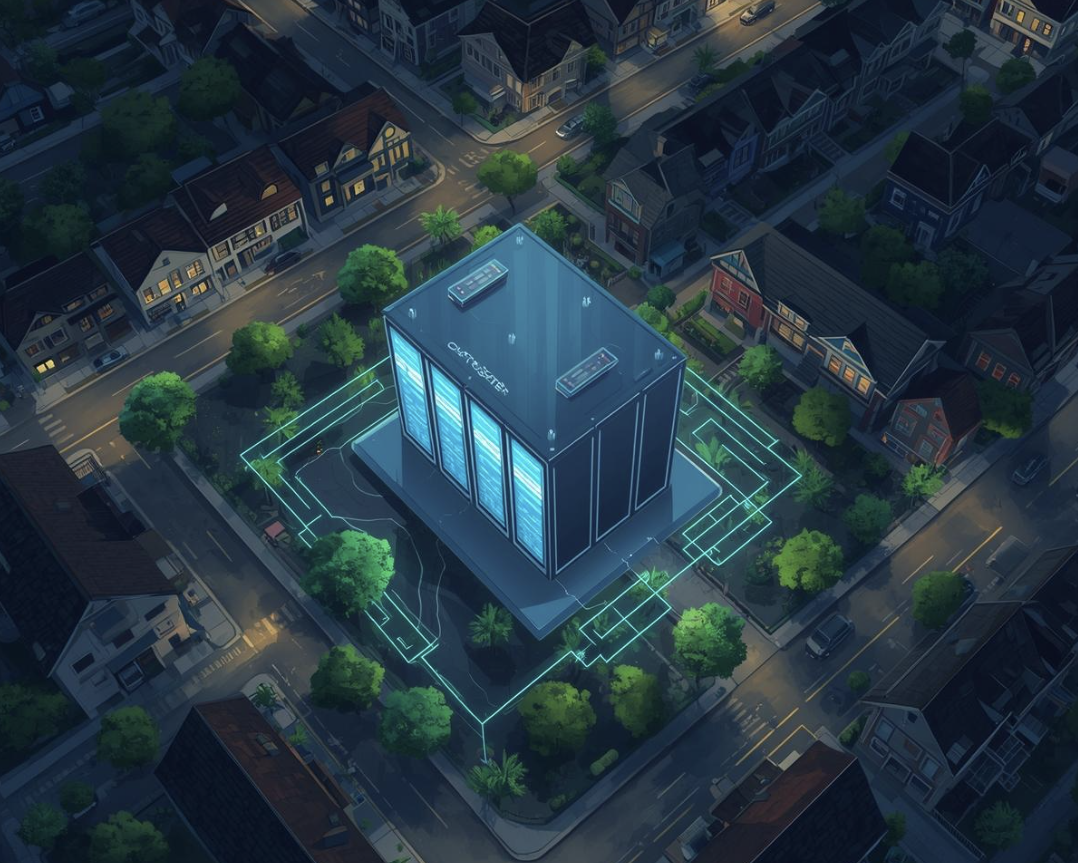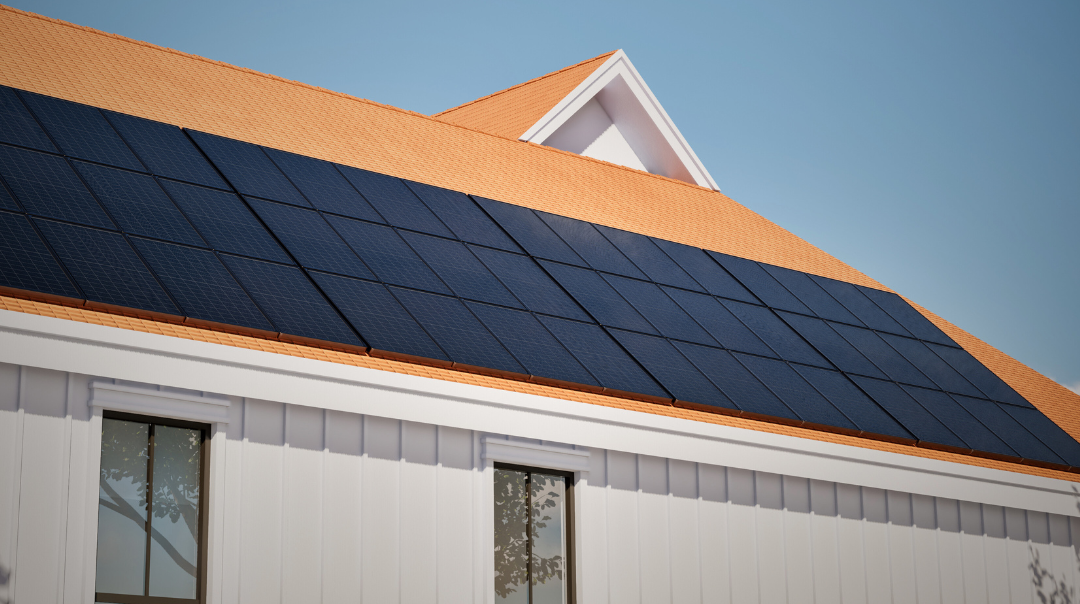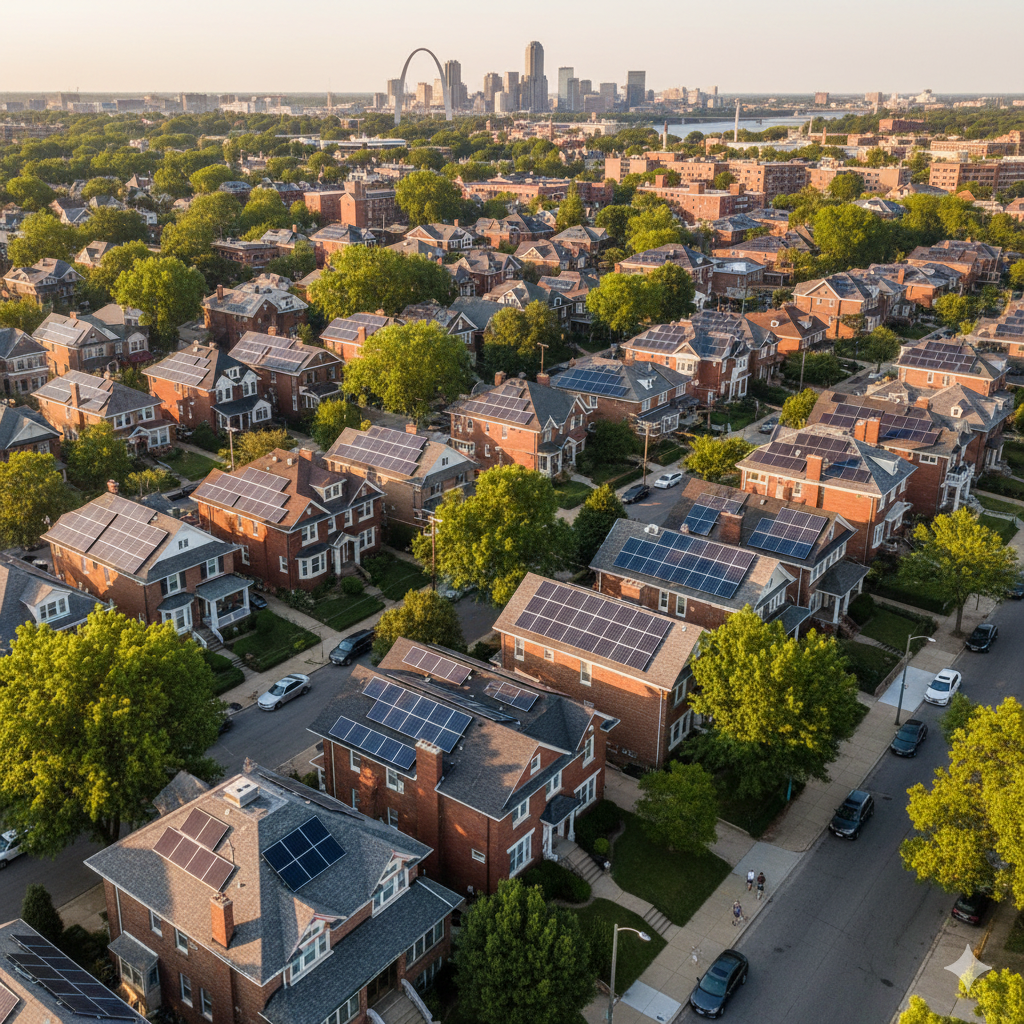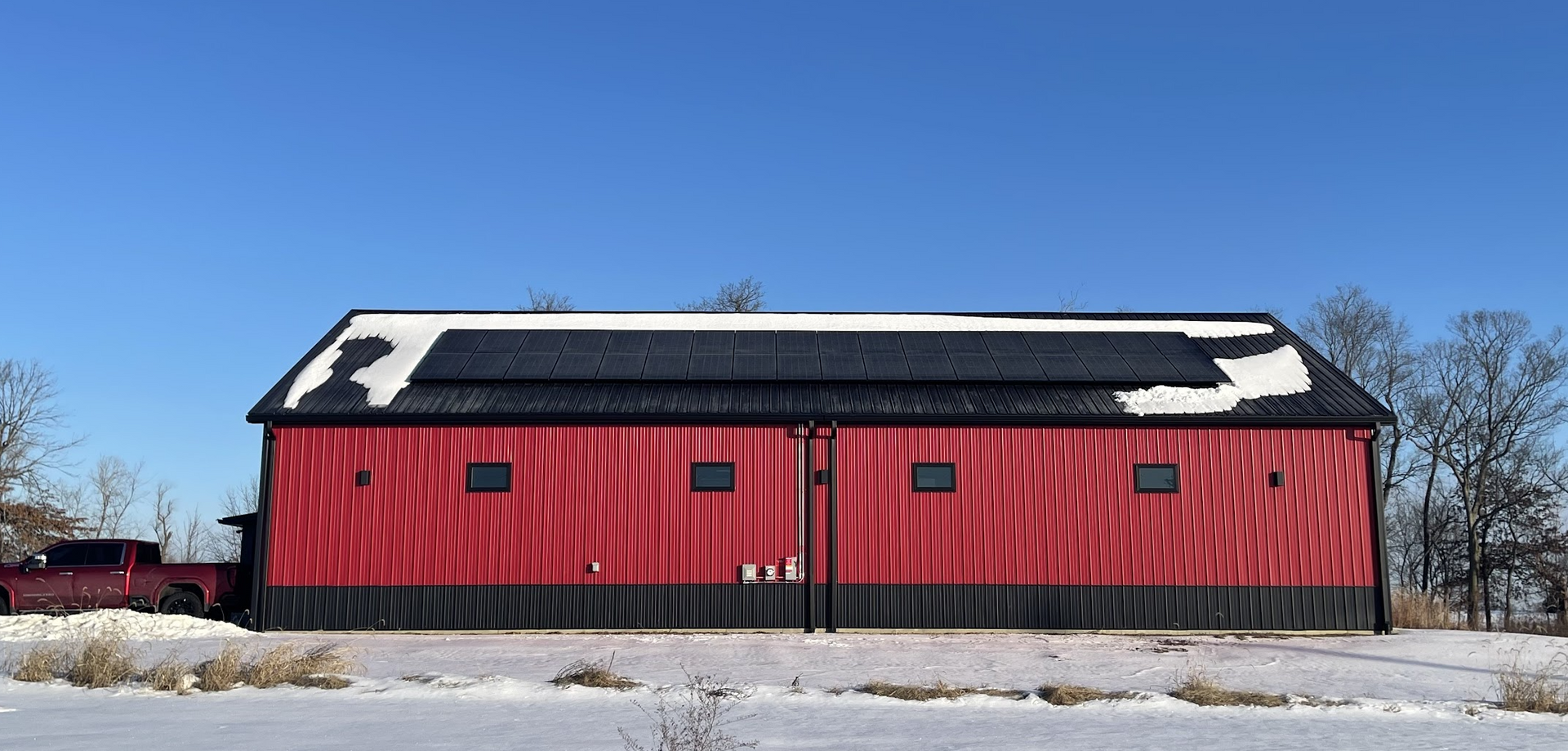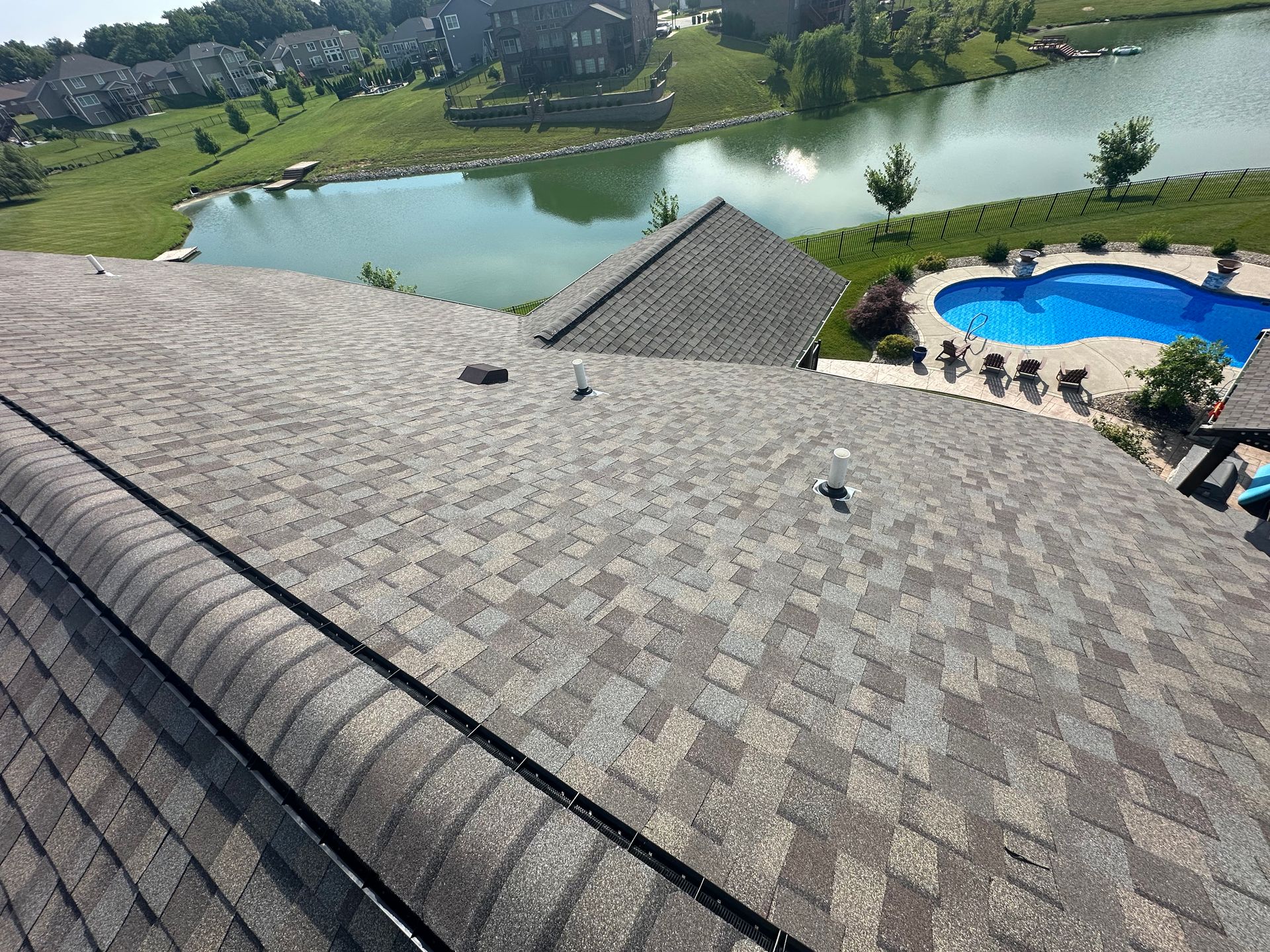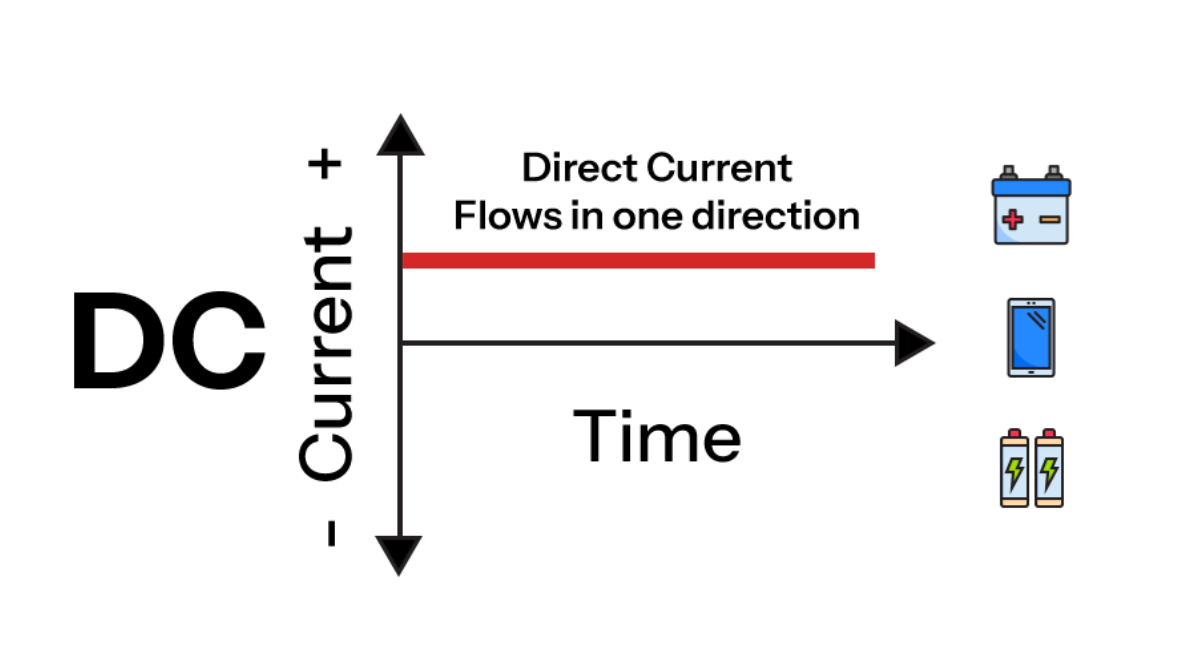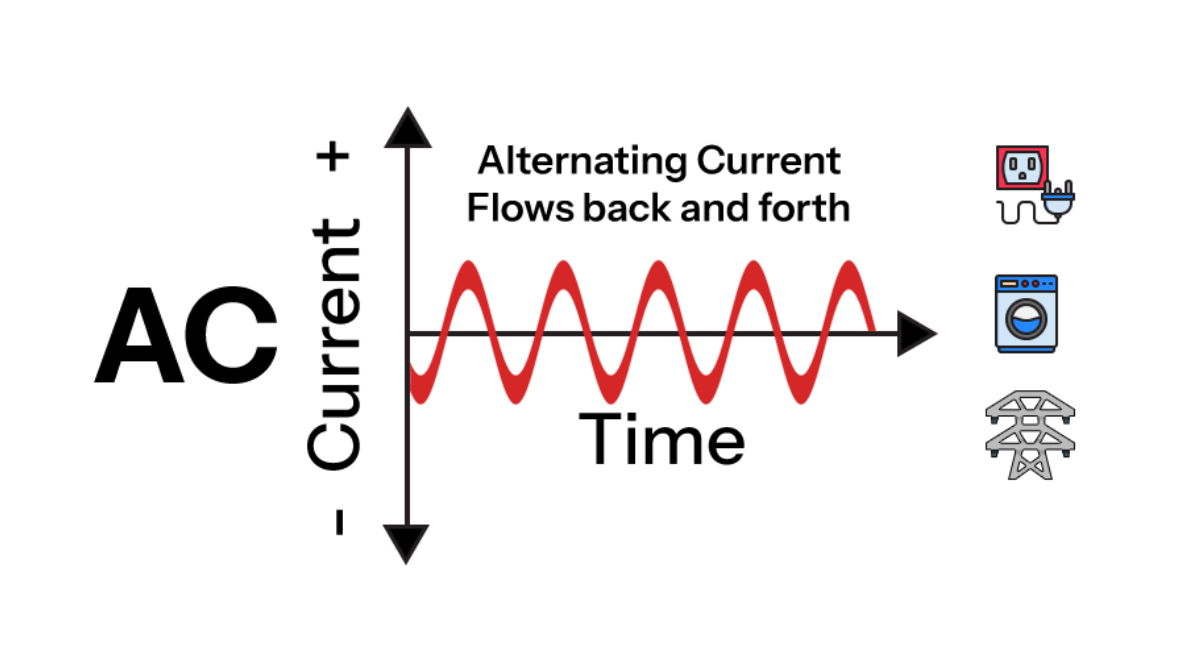By Jack Casey
•
December 10, 2025
As a Midwest Roofing Contractor , we know the change of seasons is less of a gentle slide and more of a head-on collision. One day you’re enjoying a crisp fall afternoon, and the next, you’re bracing for freezing rain, blustery winds, and the relentless cycle of freeze-thaw that defines our winters in Missouri and Illinois. Your roof is the single most important defense your home has against these harsh elements. Every wind gust, every sheet of ice, and every pile of heavy, wet snow tests its integrity. A minor issue that seemed harmless in October can quickly become a costly, catastrophic leak by January. At SunSent Roofing , we are committed to helping you protect your investment. Below is a detailed guide to winterizing your entire home exterior—your roof, gutters, and siding—to ensure you survive the Midwest winter gauntlet without irreversible damage. Part 1: The Roof—Protecting Your Primary Defense Winter weather is merciless on roofing materials. The constant fluctuation of temperature—freezing overnight and thawing during the day—stresses every component of your roofing system. 1. Look for Pre-Existing Damage (The Magnifying Effect) Cold weather doesn't create many problems, but it dramatically worsens existing ones. Walk your property and inspect your roof from the ground (safely, using binoculars if necessary) for these common pre-winter vulnerabilities: Missing or Damaged Shingles: Look for curled, cracked, or completely missing shingles. These are direct entry points for water, and wind in a winter storm can quickly tear them further, exposing your underlayment and decking. Granule Loss: If you see large amounts of asphalt granules (which look like coarse black sand) in your gutters or washing onto the ground, it indicates your shingles are aging and losing their protective layer. Compromised Flashing: Check the seals around all roof penetrations—chimneys, vents, skylights, and valleys where two roof planes meet. Loosened, rusted, or poorly sealed flashing is the number one cause of leaks in winter. 2. Mastering Insulation and Ventilation (The Ice Dam Battle) The most destructive winter phenomenon is the Ice Dam . This ridge of ice forms at the edge of your roof, preventing melting snow from draining. The trapped water then backs up under your shingles and into your attic, causing severe damage to the decking, insulation, and interior ceilings. Ice dams are not caused by the weather outside; they are caused by heat escaping from the inside. Insulation: Ensure your attic has adequate insulation (often R-38 or higher in the Midwest). This prevents heat from your living space from rising and warming the roof deck. Ventilation: Proper attic ventilation (using soffit and ridge vents) allows cold, outside air to circulate, keeping the underside of your roof deck cold and consistent with the exterior temperature. This prevents snow from melting in the first place, stopping the freeze-thaw cycle that creates dams. 3. Snow Load: When Weight Becomes a Threat While modern roofs are engineered to handle typical snow loads, an older roof, or one already weakened by a leak or rot, is vulnerable. Wet, heavy snow can put immense stress on structural components. If you notice sagging, hear cracking sounds from the attic, or accumulate multiple feet of wet snow, it’s a red flag. While DIY snow removal is highly risky, a professional roof rake can sometimes be used safely from the ground to clear the first few feet above the eaves. Part 2: Gutters and Siding—Your Secondary Water Management System Your roof works in tandem with your gutters and siding to manage the immense amounts of water and moisture inherent to a Midwest winter. If these systems fail, your roof and foundation are next. 1. Gutters: The Winter Choke Point Clogged gutters are the number one preventable cause of winter water damage. Leaves, shingle granules, and debris trapped in the gutter trough will freeze solid. Clean and Clear: Before the first hard frost, meticulously clear all debris from your gutters and downspouts. Ensure the downspouts are securely attached and direct water at least three to five feet away from your foundation. Inspect and Repair: Check your gutters for sagging, rust, or loose fasteners. The weight of ice and snow can tear a weak gutter right off your home, damaging your fascia board in the process. 2. Siding: Sealing Out the Cold and Moisture Your home's siding provides a critical weather barrier. Cold, driving winds will find any small gap or crack to push cold air and moisture into your wall cavity. Inspect and Caulk: Walk the perimeter of your home and inspect your siding. Look for cracks, gaps around window and door frames, and loose panels. Use a high-quality, exterior-grade sealant or caulk to fill these tiny, energy-wasting and moisture-attracting gaps. Trim Landscaping: Cut back any tree branches that are close enough to scrape against your siding in high winds, or that could break off under the weight of ice and fall onto your roof or siding. The SunSent Roofing Difference: Honesty, Integrity, and Safety The truth about winter roof maintenance is that while a homeowner can perform a visual check from the ground, many of the most serious problems—deteriorated decking, loose nail pops, and subtle flashing failures—are only visible up close. We are not here to sell you a roof you don't need. At SunSent Roofing , we pride ourselves on being honest contractors who tell it how it is . Our certified inspection team will perform a detailed, safe assessment of your entire roofing system, including: Shingle Integrity Check: Identifying any brittle, cracked, or missing tabs. Flashing & Penetration Seal Check: Ensuring all vulnerable entry points are watertight. Attic Inspection: Assessing insulation levels, ventilation airflow, and checking for signs of past leaks (water stains, mold). Gutter and Drainage Assessment: Confirming proper water management paths. Don't wait until the first major snowstorm is upon us to discover a critical flaw. A proactive inspection now is the best way to avoid the emergency repair nightmare of a mid-winter leak. Contact SunSent Roofing today for a no-obligation Winter Readiness Inspection . We'll give you a straight, honest assessment of your home's preparedness so you can rest easy all winter long.
